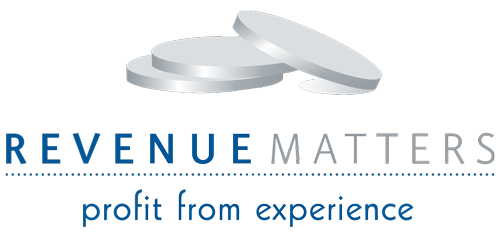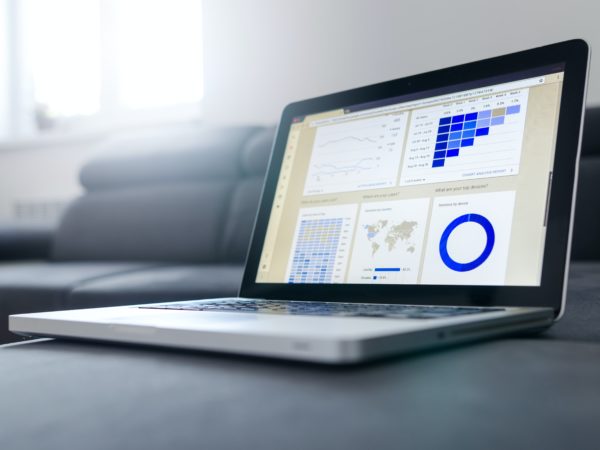
As more guests start to use predictive pricing tools when booking their travel plans, hoteliers are figuring out ways to benefit from this.
By Bryan Wroten
bwroten@hotelnewsnow.com
@HNN_Bryan
REPORT FROM THE U.S.—It’s a constant back-and-forth: Hoteliers will always try to get the highest rate possible, and in return, guests will always try to figure out a way to pay the lowest amount possible.
As technology in the travel industry advances, guests are finding an advantage in the evolution of predictive pricing tools, such as those offered by Google Travel or apps like Hopper, which predict future hotel room rates to tell guests whether they should book now or wait until the rate lowers.
While that might on its face sound like a problem for the hotel industry, some revenue managers don’t see the need to work around the emerging technology. In fact, they believe hoteliers could take advantage of it.
Limited use
Many of the consumer-facing predictive pricing tools are fairly new, said Trevor Stuart-Hill, president of consultancy Revenue Matters, and those that aren’t quite as new aren’t seeing a tremendous amount of adoption at this point. Even one of Expedia’s tools, which allows travelers to book a reservation and then the system can cancel a reservation and rebook it at a lower price point, aren’t seeing a lot of activity.
“I am sure the adoption rate will be growing in the future, but I’m not seeing much of it right now,” he said.
Two of Paramount Hotel Group’s properties in the Charleston, South Carolina, market have seen a slight impact from the use of predictive pricing tools, said Andrew Director, VP of revenue management and distribution. However, it hasn’t been enough to force the company to change its revenue-management or pricing strategies.
“This is sort of like deciding whether or not you should manage to the rule, or should you manage to the exception to the rule,” he said. “At this point, we continue to manage to the rule. There is not enough volume yet to encourage us to change practices.”
As the volume of travelers using these tools expands, it might be best to identify these customers as their own individual market segment and implement a pricing strategy specifically for these travelers or segment, he said. Countermeasures could include different advanced purchase rates with tighter cancellation rules, he said.
“In our opinion, we are not yet at that juncture,” he said.
As the technology and its use among consumers grow, hoteliers will have to look at their revenue-management philosophy, Stuart-Hill said. There’s a misperception among consumers that hoteliers are participating in gamification, that the industry is trying to pull a fast one on them, he said.
“That couldn’t be further from the truth,” he said.
Hoteliers would be happy to shift demand to dates where pricing is lower for a property while leaving room for additional demand to be absorbed in other times when higher rates can be absorbed, he said.
Revenue managers have a fiduciary duty to their hotels’ owners and asset managers, he said, but that doesn’t necessarily conflict with the best interest of consumers.
Being more predictable
Susan Guimbellot, VP of revenue and channel strategy at Hospitality Ventures Management Group, said she started working in the airline industry in the early 1990s at American Airlines, when the industry had started moving to value pricing.
“We trained people to think to get better prices, they have to book further out,” she said.
Hoteliers haven’t been as consistent in both practice and messaging that to get the best deal means booking in advance, she said. Part of that has to do with the challenge of paying out on reward program redemptions, which is when hoteliers might end up discounting rates more aggressively closer to the booking date in order to hit the higher occupancy threshold.
The hotel industry has to do a better job pricing it that way, Guimbellot said. If hoteliers continually price last-minute, that’s what the consumer is going to know. The predictive pricing tools could force the industry to be more consistent in pricing and make hoteliers more diligent and more intelligent with their pricing, she said.
“I like things that help ensure we have intelligent pricing truly based on demand,” she said.
The airline model is less erratic in its pricing, Stuart-Hill said, and the rational pricing behavior would be beneficial to guests who would know better what to expect. It’s somewhat of a guessing game for them now.
“Do they book now or later and wait until the last minute?” he asked. “If they do wait, they hope the prices drop. If they suddenly aren’t dropping, the guest doesn’t have the choice of the property they wanted and they’re not happy with the price.”
Having this additional visibility into market dynamics and compression in the marketplace would be a service to both guests and revenue managers, he said.
The industry hasn’t followed this model overall because there is so much more fragmentation in the hotel industry that isn’t there in the airline industry, Stuart-Hill said.
“That fragmentation means you have some unpredictable players or actors within a given market,” he said. “If there is greater business intelligence and wider adoption of predictive pricing by consumers, then I think markets will behave a bit more rationally and therefore allow hoteliers to safely act rationally.”
Revenue-management tools
All of the brand revenue-management systems have gotten better, particularly in the past year or two, Guimbellot said.
“They’ve gotten more sophisticated in elasticity to understand price-sensitive guests, day of the week and seasonality,” she said.
The tools and resources provided by brand partners as well as competitive shopping data have been helpful, said Jennifer Driscoll, VP of revenue management at McNeill Hotel Company.
“The key with systems and tools is to not set it and forget it,” she said. “We have to stay involved, we have to tweak where needed in various booking windows without completely overriding the systems. These systems are powerful and beneficial, but we have to work with them by monitoring and influencing where needed.”
Revenue-management software responds to actualized demand patterns, Stuart-Hill said, so it’s looking at booking behavior by submarket segment. If certain booking behavior materializes, then the tools and their algorithms will calculate an appropriate response.
“If there is enough of an adoption of consumer-facing predictive pricing tools, it could be helpful for the automated systems to adapt to that behavior because it would signal intent, perhaps to show how consumers are reacting to the tools they’re using,” he said.
There should be no need to rework the automated systems to adapt to this, he said.



